CDC at Work: Global Water, Sanitation and Hygiene (WASH)
Fact Sheets: CDC’s Global Water, Sanitation, and Hygiene (WASH) Program Overview [PDF – 1 page]
CDC’s Global Water, Sanitation, and Hygiene (WASH) Program Impact [PDF – 1 page]
Inadequate water, sanitation, and hygiene (WASH) conditions exist in a range of settings, from temporary refugee camps to permanent homes in large cities.
CDC’s global WASH program provides expertise and interventions aimed at saving lives and reducing illness by improving global access to healthy and safe water, adequate sanitation, and improved hygiene. The WASH program works on long-term prevention and control measures for improving health, reducing poverty, and improving socio-economic development as well as responding to global emergencies and outbreaks of life-threatening illnesses. These improvements reduce the lethal impact of WASH-related diseases such as cholera, typhoid fever, and hepatitis.
CDC’s global WASH work is focused in six areas and involves partnerships with other US government agencies, Ministries of Health, non-governmental agencies, and various international agencies.

Promoting access to safe water, household water treatment options and water safety plans, which identify water quality threats in community water systems and water utilities, while implementing solutions to those threats.
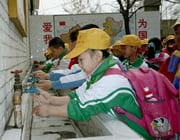
Improving the efficacy, sustainability, and integration of hygiene and sanitation interventions into communities and institutions, such as schools.
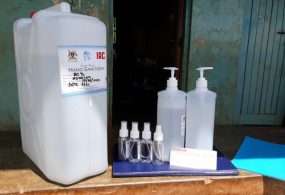
Improving access to safe water, improved sanitation, sufficient hygiene infrastructure (WASH), and adequate waste management in healthcare facilities in order to improve access to quality healthcare.
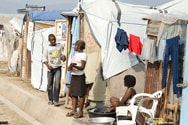
Deploying emergency response and outbreak investigation teams at the request of foreign governments and U.N. agencies.
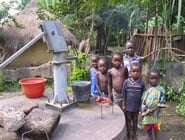
Identifying WASH-related factors needed to control or eliminate Neglected Tropical Diseases (NTDs) like Guinea worm disease, trachoma, and intestinal worm infections, which impact hundreds of millions of people around the world.

Investigating the causes of illness, such as diarrhea, to provide critical health data for decision making. Additional links:
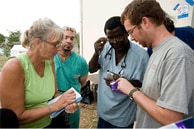
Developing model programs and materials for public health staff training and community health promotion.